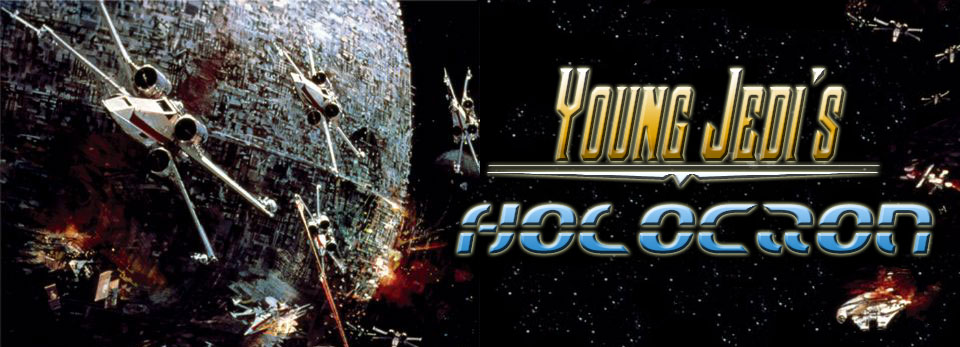In Part I the main character finds himself shipwrecked on the shore of a country inhabited by race of people one-twelfth the size of normal human beings. Being captured by the Lilliputians Gulliver is sent against their rival from time immemorial – the country of Blefuscu. Describing the Lilliput Emperor and his authority Swift intended to satirize the court of George I and the reasons for the endless war between the two fictional countries is an allegory of the relationship between England and France as well as the feud between Catholics and Protestants. Seems like things are not so different today and we can easily apply this satire to present day politics. Being Swift’s mouthpiece, Gulliver notices how trivial and petty are the reasons for the conflict between these small people. Gulliver observes this society from above, quite like God would scrutinize the world of men, and he can’t help himself but feel disdain for these tiny rulers driven by greed and pride. This is the first step Gulliver makes on his journey towards isolation and misanthropy.
Part II takes Gulliver in an upside down situation, where after being abandoned by his shipmates he turns out to be the small one, observed by the giants from Brobdingnag. The country is ruled by a just and reasonable King. Being bewildered by this state Gulliver describes the European way of government. As a result the King concludes that the Europeans are "the most pernicious race of little odious vermin that nature ever suffered to crawl upon the surface of the earth." In Brobdingnag gunpowder and all sorts of firearms are completely unknown, and after trying to introduce them to the King and his court Gulliver is expelled. The monarch wants to prevent the outsider from spreading the wickedness of civilization and the corruption of the European ways – a harsh criticism on expansion and colonial society.
After being attacked by pirates in Part III Gulliver is marooned somewhere near India, but rescued by the scientists of the flying island of Laputa. The flying island can be viewed as a metaphor for a closed society, out of touch from reality – the scientist are gathering all sorts of knowledge and still they seem to be unable to use them for any practical reasons. The device described simply as The Engine is possibly the first literary description in history of something resembling a computer. Laputa's method of throwing rocks at rebellious ground areas also seems the first time that aerial bombardment was conceived as a method of warfare. And quoting Michael Crichton: “Scientists were so preoccupied with whether or not they could, they didn't stop to think if they should”. This part of the book questions progress and the way science is used. Later on Gulliver has the chance to observe history from the source, when he encounters the ghosts of historical figures, and it is another chance for Swift to criticize politics: “Here I discovered the secret Causes of many great Events that have surprized the World, how a Whore can Govern the Back-stairs, the Back-stairs a Council, and the Council a Senate.”
In Part IV Captain Gulliver faces new challenges. Once again betrayed by his fellows, who start a mutiny and set off to become pirates, Lemuel’s voyage takes him to the land of Houyhnhnm (or "the perfection of nature" translated from their own language). The Houyhnhnm country is an upside down civilization, where a society of intelligent horses, who rules over primitive human beings (a bit like in Pierre Boulle’s “Planet of the Apes”). In a complete opposition to the highly-developed Laputa men here are mere beasts, driven by primal instincts. These deformed creatures are called “Yahoos”. Gulliver is repelled by the Yahoos and starts to admire the pure, almost utopian way of life of the Houyhnhnms. He adopts their habits and tries to emulate their behaviour, doubting his own human nature. After having seen the folly of mankind from so many different aspects Gulliver no longer wants to find his way back to England. But eventually the Houyhnhnms decide that Gulliver is different but still a Yahoo and a danger to their civilization and he is expelled.
Gulliver has grown wise. The character is transformed from an optimistic adventurer into a misanthropic outcast, who desires nothing but to spend his days isolated, away from the vices of his own kind. “Because in much wisdom is much grief, and increase of knowledge is increase of sorrow.” He now regards all men as “Yahoos” – much like Jonathan Swift himself. In a letter to the poet Alexander Pope concerning Gulliver's Travels, he wrote: "principally I hate and detest that animal called man." No wonder that the end of the novel we find Gulliver a recluse, remaining in his house, largely avoiding his family and his wife, and spending several hours a day speaking with the horses in his stables.


No comments:
Post a Comment